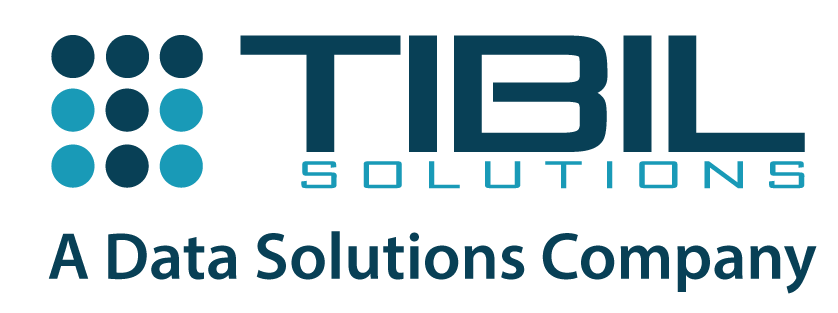Data Engineering
Efficient and Reliable Enterprise Data Management

What is Data Engineering or Data Management?
Data Engineering is the use of scientific principles to design and build machines, structures, and other items, including data pipelines and data lakes or data repositories. Data engineers scientifically set up and operate a company’s data infrastructure preparing it for analysis by data analysts and scientists. Data engineering is the aspect of data science that mainly focuses on the practical applications of data collection and analysis. For all the work that data scientists do to answer questions using large sets of information, there have to be mechanisms for collecting and validating that information. This is where data engineering steps in.
Types of Data Engineering Services
Master Data Management
Master data management is the implementation of one single master reference source for all business-critical data in an organization. MDM leads to fewer data-related issues and improved business processes
Enterprise Data Management
Enterprise Data Management is the process of accurately defining, effortlessly integrating and seamlessly retrieving data for both internal business processes and customer communication.
Data Lifecycle Management
Data Lifecycle Management is a policy-driven approach that can be automated to take data through its useful life. It is the process that can be defined and institutionalized to manage data right from its inception to the end of its useful life.
Customer Data Management
Customer Data Management is the process adopted by businesses to process and track their customer information throughout and beyond the course of an engagement. The data can be efficiently accessed and used by enterprises.
Common Data Management Platform Challenges
While working on data, some of the common challenges we encounter are:

Multiple data sources with no single source of truth
Inaccessibility of data – the data is on multiple systems that are not accessible
Scale of data – humongous volume of data deters companies from embarking on an analytics exercise
Messy data that’s not easily available for analysis and usually is incomplete or inaccurate
None of the data sources are integrated in one place for easy access
TIBIL’s Data Engineering solution covers the entire spectrum of:

Validating existing datasets & sources and verifying data quality

Integrating and organizing data from disparate source

Cleaning & filtering the data to ensure irrelevant data points are cleared & missing data sets are discovered

Preparing the data for transforming into formats that data analytics teams can act on

What Makes Tibil the Best Data Engineering Consultant?
Tibil’s engineers help in aggregating this data (which are present in different environments and collected from different sources), cleaning, normalizing and preparing it for transformation into meaningful and relevant forms. This outcome of audited and prepared data is the first and most essential step in companies making informed and relevant decisions.
Our data engineers ensure that there is no impact to the production environment of our customers by creating a parallel data gathering and analysis environment. They also leverage the latest tools and technologies such as cloud and open source technologies to store and analyze data.
Benefits of Hiring a Data Engineering Services Company

Single source of truth
A data lake or warehouse where they can find all the data they need

Scale
Engineering the data for future scaling up requirements

Integration
With various processes and data sources to ensure one place where all data resides

Volume
Ability to seamlessly handle the huge volume and variety of data

Accuracy
Ensuring consistency and reliability of the data
Besides Data Engineering, we have expertise in Data Operations solution to audit data for veracity, completeness and reliability, Feature Engineering solution to help transform the prepared data into derived variables and formats for data analytics algorithms and models, Data Analytics solution to analyse data using statistical models to generate dashboards and reports, Data Science solution to build advanced analytical solutions based on ML algorithms and AI models, and Data Maturity Assessment to help you baseline your current data posture.

© Tibil Solutions 2024. All rights reserved
